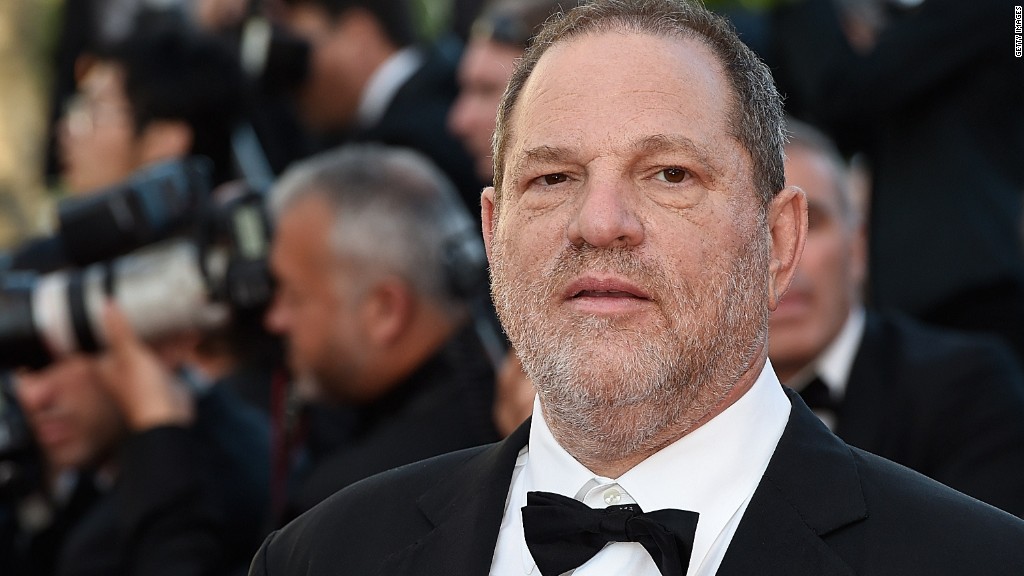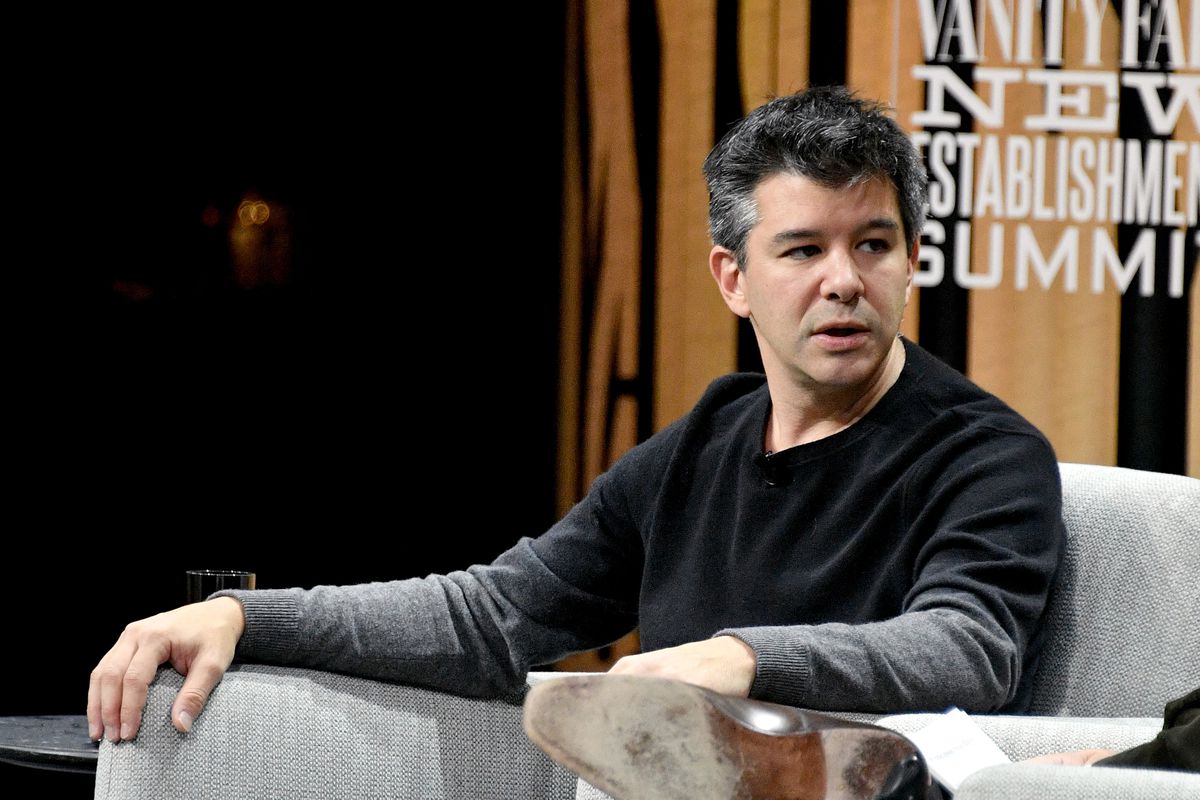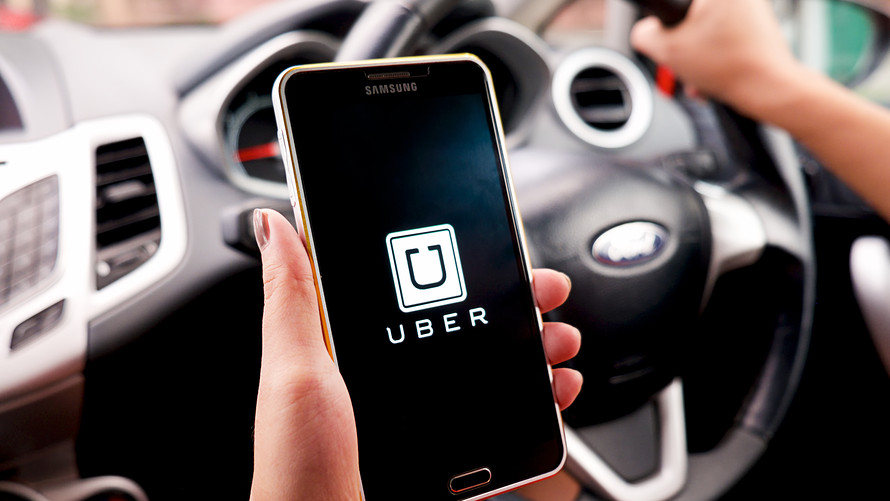Being the largest global producer of the ponderosa pine tree, Prineville operates in a traditional economy as most residents are long-term locals as “everybody had a job, and everybody did well”. But, this specialization in workforce came to a halt as the federal government restricted the process of logging as an incentive to increase animal protection.

[Prineville has attracted large data centers from Facebook and Apple — but they use so much power that may not leave room to add anything else]. (2017, January 30). Retrieved October 29, 2017, from http://www.oregonlive.com/silicon-forest/index.ssf/2017/01/prineville_is_running_out_of_e.html
In the midst of economic uncertainty, Prineville received an email from the company “Vitesse” as they proposed a business deal, a deal that exhibited great potential to boost the financial dignity of the city. Unknown to the citizens of the municipality, this undercover “Vitesse” happened to be the company with “the big finger with a thumb-up sign”, Facebook. The deal that would then become Prineville’s saviour was the expansion of Facebook as they gained their first data centre.
As the viral corporation scouted for a location in which would best suit their interest, Prineville locals showcased the characteristics of their land that would become competitive advantages in their solution to Facebook’s problem. In the context of entrepreneurs whom want to persuade a potential customer (like that of Prineville), this method of self-marketing unique characteristics is significant for gaining competitive advantage as it better integrates your business in the customer’s decision journey where numerous substitutes are available for customers to choose an alternative solution.

[Facebook Prineville Data Center, Prineville, OR. Photo by Alan Brandt]. Retrieved October 29, 2017, http://www.locus-studio.com/?page_id=1776

[Facebook Prineville Data Center]. Retrieved October 29, 2017, from https://www.dpr.com/projects/prineville-data-center
Although not necessarily a point of innovation by Prineville, I would argue that this case is indeed an example of a sustaining even which caused disruptive effects in the perspective of Prineville. While this event helped Prineville receive immediate financial stability, it came at a cost for it’s locals. As businesses within the area grow, the economy also rises, therefore giving pressure to residences to have to conform to the high living standards and costs of the city (e.g. the rising costs of housing). This event also endangers Prineville’s niche as the city manager reports “he knows they have to risk changing Prineville in order to save it”, therefore showing that there is always a cost involved with decisions.


